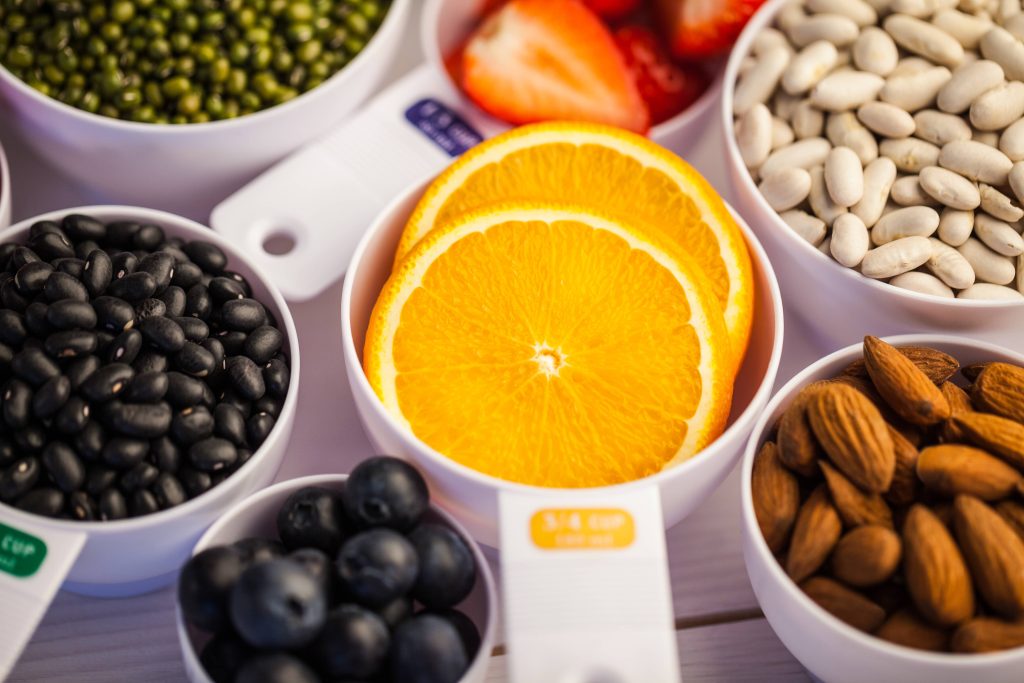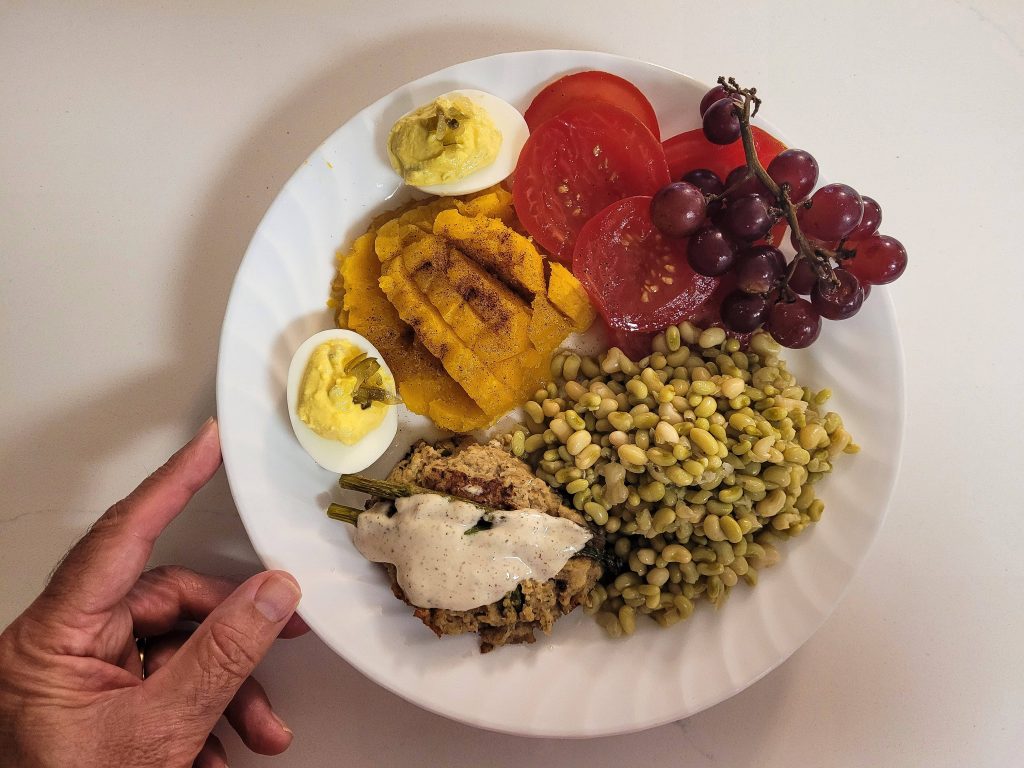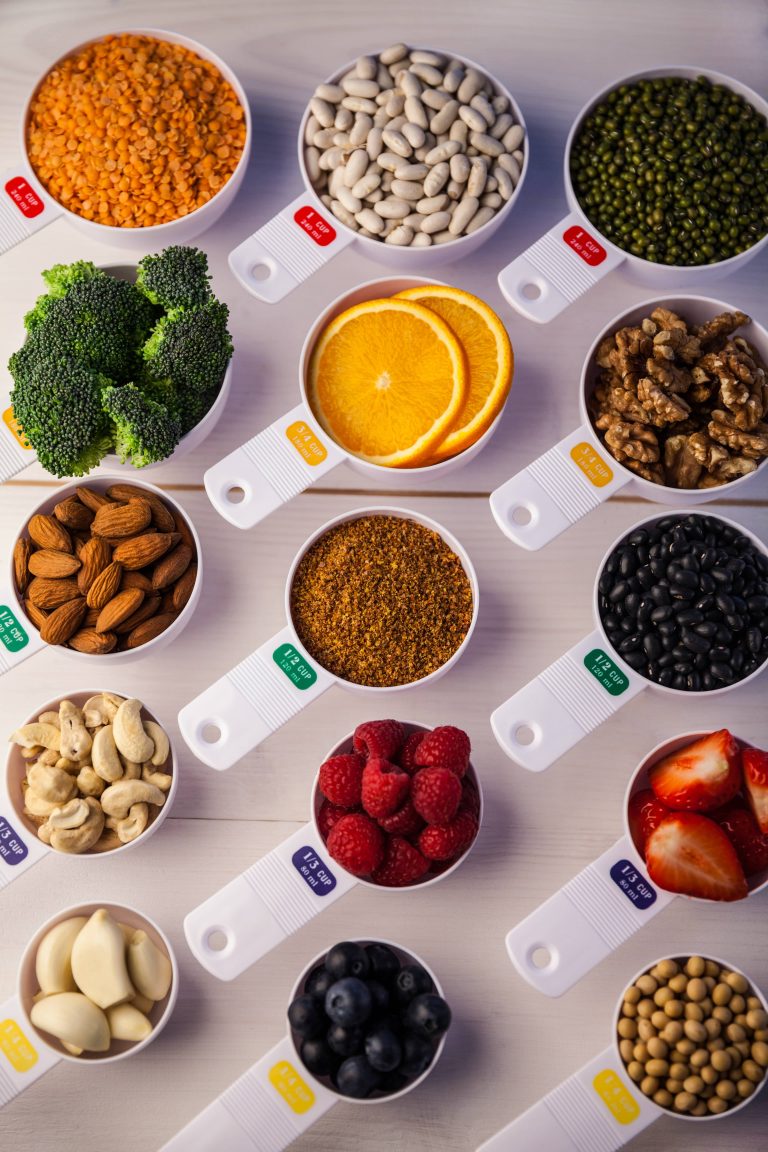
In the world of athletic competition and physical prowess, diet plays a pivotal role that can make the difference between winning and losing. The rigorous demands placed on athletes require a specially tailored approach to nutrition, often referred to as performance nutrition. This specialized diet plan focuses on fueling athletes’ bodies with the right nutrients at the right times to enhance performance, promote recovery, and reduce injury risk. Whether you’re a professional athlete, a weekend warrior, or simply someone who aspires to peak performance, understanding these principles of sports nutrition can lead you to your personal best.
The Basics of Performance Nutrition
First and foremost, it’s essential to recognize that athletes require more energy than a sedentary individual. The energy demands increase significantly with the intensity and duration of training. Thus, carbohydrates, proteins, and fats—the macronutrients—become the cornerstone of any athlete’s diet plan. Each of these plays distinct roles:
– Carbohydrates: Often deemed the primary energy source, carbohydrates fuel both the muscles and brain. They are stored in the muscles and liver as glycogen, tapped into during intense bursts of activity. A diet rich in complex carbohydrates—such as whole grains, fruits, and vegetables—ensures a steady release of energy.
– Proteins: Known for their role in muscle repair and growth, proteins are vital for recovery. Incorporating high-quality protein sources like lean meats, dairy, eggs, and plant-based proteins ensures that repairing tissues and muscle building processes are efficiently carried out.
– Fats: Essential fats—notably those from nuts, seeds, avocados, and fish—support prolonged energy needs, especially for endurance athletes. They also play a role in hormone production and joint protection.
Hydration: The Untold Hero
While macronutrients lay the foundational blocks of performance nutrition, hydration is equally vital. Athletes lose significant amounts of fluids through sweat, which can impair performance and recovery if not adequately replenished. Drinking water is key, but for prolonged activities exceeding an hour, replenishing electrolytes lost through sweat with sports drinks can enhance endurance and recovery. Monitoring urine color is an easy way for athletes to gauge their hydration status, aiming for a pale-yellow color as an indicator of adequate hydration.
Timing and Meal Composition
Meal timing is as crucial as the food itself for athletes. Consuming a balanced meal 3-4 hours before an event or training ensures the body has sufficient nutritive stores. This meal should be high in carbohydrates, moderate in protein, and low in fat and fiber to prevent gastrointestinal discomfort.
Pre-event or training snacks consumed 30-60 minutes prior should focus on easily digestible carbohydrates for immediate energy. Options might include a banana, an energy bar, or a slice of whole-grain toast with honey.
Recovery nutrition soon after performance (within a 30-minute to 2-hour window) is paramount. This often overlooked aspect can replenish glycogen stores and kickstart muscle repair. A blend of carbohydrates and proteins, such as a smoothie with fruits and yogurt or a turkey and cheese sandwich, can be highly effective.
Special Considerations for Different Sports
Sports are diverse, and so are the nutritional needs associated with them.
– Endurance Athletes: Those involved in long-distance running, cycling, or swimming need a carb-centric diet, often requiring carbohydrate loading leading up to an event to maximize glycogen stores. Additionally, maintaining electrolyte balance with supplements or sports drinks during long events is critical.
– Strength Athletes: Powerlifters and sprinters benefit from protein-rich diets to support muscle growth and repair. Creatine supplementation can be considered to improve strength and power outputs.
– Team Sports: These athletes require a balance of endurance and strength nutrition strategies. A mix of carbohydrates, proteins, and fats works best to support prolonged periods of exertion with intermittent bursts of high-intensity activity.
Supplements: To Use or Not to Use?
Supplements can play a role in an athlete’s diet, though they should never replace whole food sources. Common supplements include protein powders, branched-chain amino acids (BCAAs), vitamins, minerals, and ergogenic aids like caffeine and creatine. However, the use of supplements should be approached cautiously and preferably under the guidance of a sports dietitian or nutritionist, recognizing that regulatory oversight in the supplement industry can be limited.
Vegan Athletes: Unique Challenges and Solutions
Vegan athletes face unique challenges in meeting their nutritional needs due to the absence of animal products, which are primary sources of complete proteins and certain vitamins and minerals. However, with careful planning, vegan athletes can thrive:
– Plant-based Proteins: Incorporate a variety of legumes, quinoa, tofu, tempeh, and seitan to ensure a full spectrum of amino acids.
– Supplements: Consider B12, vitamin D, omega-3 fatty acids, iron, and calcium supplements, especially if dietary sources are insufficient.
– Energy-Dense Foods: Nuts, seeds, avocados, and starchy vegetables can help meet higher calorie needs without excessive volume, which is crucial for maintaining energy balance.
Final Thoughts
Ultimately, special diet plans for athletes focusing on performance nutrition involve a delicate balance of macronutrients, micronutrients, hydration, and timing. Personalization is key—every athlete is different, and their nutrition should reflect their specific sport, goals, and physiological needs. By prioritizing nutrition, athletes not only fuel their bodies for peak performance but also pave the way for long-term health and success in their sporting endeavors. Whether you’re crafting a nutrition plan for yourself or assisting others, remember that the ultimate goal of sports nutrition is to provide sustainable fuel that enhances performance, promotes health, and supports recovery.









